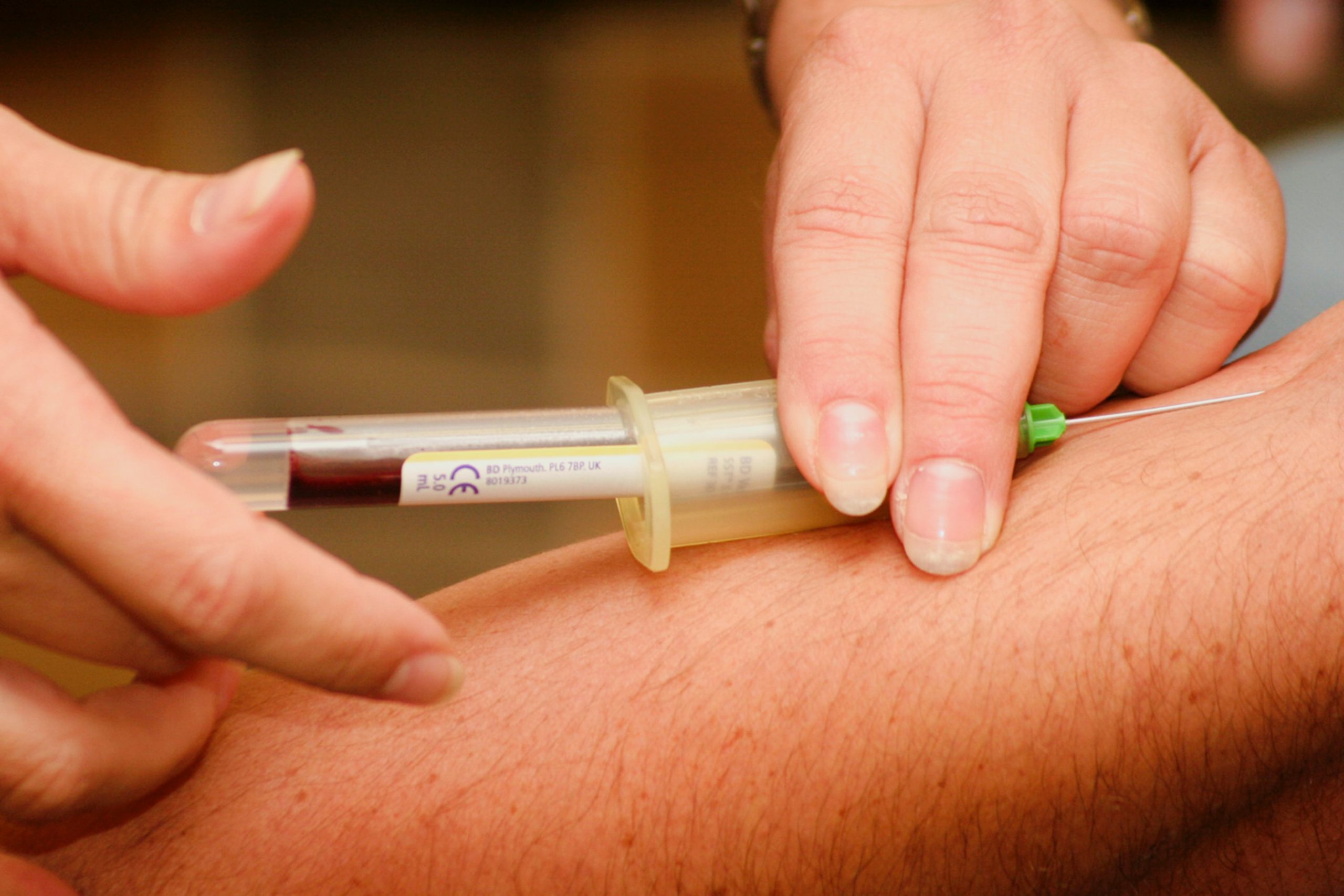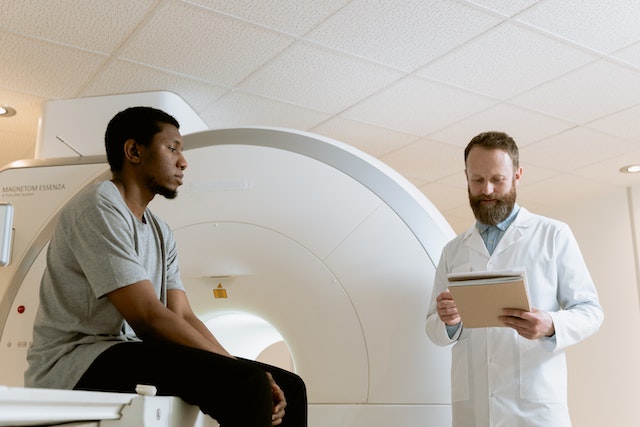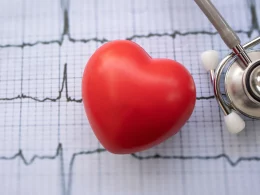Introduction
Stress is an inevitable part of modern life, affecting individuals of all ages and backgrounds. While it’s commonly associated with feelings of anxiety and tension, its impact on the body can manifest in unexpected ways. One such curious phenomenon is the occurrence of hiccups during periods of heightened stress. But can stress really induce hiccups, or is this just a coincidence? Let’s delve into the science behind stress and hiccups to uncover the truth. Explore more about (Constant Coldness)
Understanding Hiccups
Before we explore the relationship between stress and hiccups, it’s essential to understand what hiccups are and what causes them. Hiccups, scientifically known as singultus, are involuntary contractions of the diaphragm muscle followed by sudden closure of the vocal cords. This results in the characteristic “hic” sound associated with hiccups. Common causes of hiccups include consuming carbonated beverages, overeating, sudden temperature changes, and excitement.
The Physiology of Stress
Stress triggers a complex cascade of physiological responses within the body, collectively known as the stress response or fight-or-flight response. When faced with a stressful situation, the body releases hormones such as adrenaline and cortisol, preparing it to either confront the threat or flee from it. These hormones increase heart rate, elevate blood pressure, and boost energy levels to enhance the body’s ability to respond to the perceived danger.

The Link Between Stress and Hiccups
While the precise mechanism linking stress to hiccups is not fully understood, several theories exist to explain this phenomenon. One hypothesis suggests that stress-induced changes in breathing patterns may contribute to the development of hiccups. During periods of stress, individuals may exhibit shallow, rapid breathing or experience spasms in the diaphragm muscle, leading to hiccups.
Another proposed mechanism involves the effect of stress hormones on the gastrointestinal system. Stress can alter digestive processes and increase gastric acid production, potentially irritating the esophagus and triggering hiccups. Additionally, stress-induced tension in the muscles surrounding the diaphragm may disrupt its normal function, resulting in hiccups.
Research Findings
Numerous studies have investigated the relationship between stress and hiccups, albeit with mixed results. Some research suggests a correlation between heightened stress levels and increased frequency of hiccups, particularly in individuals prone to anxiety or panic attacks. However, other studies have failed to establish a definitive link, highlighting the complexity of this phenomenon.
In a recent clinical trial, participants exposed to stressful stimuli exhibited a higher incidence of hiccups compared to control groups, supporting the notion that stress may indeed influence hiccup occurrence. Furthermore, imaging studies have revealed brain regions involved in both the stress response and hiccup regulation, further underscoring the potential connection between the two.
Coping Strategies
Managing stress is crucial not only for overall well-being but also for minimizing the occurrence of hiccups. Effective stress management techniques include deep breathing exercises, mindfulness meditation, regular physical activity, and seeking social support. By adopting these strategies, individuals can reduce stress levels and potentially mitigate the frequency of hiccups.

Comparative Analysis: Stress vs. Hiccups
| Factors | Stress | Hiccups |
|---|---|---|
| Physiological | Triggers fight-or-flight response | Involuntary diaphragm contractions |
| Hormonal | Releases adrenaline and cortisol | May be influenced by stress hormones |
| Effects on Body | Increases heart rate, blood pressure | Results in characteristic “hic” sound |
| Management | Deep breathing, meditation, exercise | Often self-resolves, but can be managed with remedies |
Conclusion
In conclusion, while the relationship between stress and hiccups warrants further research, existing evidence suggests a plausible connection between the two. Stress can impact various physiological processes in the body, potentially leading to alterations in breathing patterns and muscle function that contribute to hiccup formation. By understanding the mechanisms underlying this phenomenon, individuals can take proactive steps to manage stress effectively and minimize its impact on their health and well-being.
while stress may contribute to hiccup occurrence in some individuals, further research is needed to fully elucidate the underlying mechanisms. By adopting effective stress management strategies and seeking appropriate medical advice, individuals can minimize the impact of stress-related hiccups on their daily lives.










